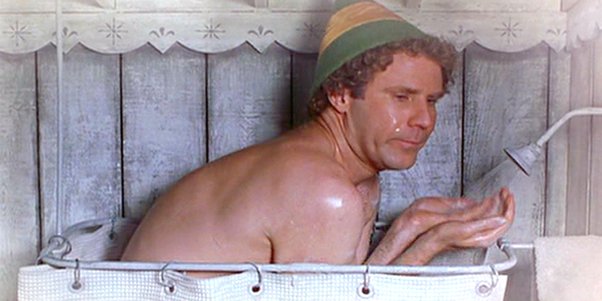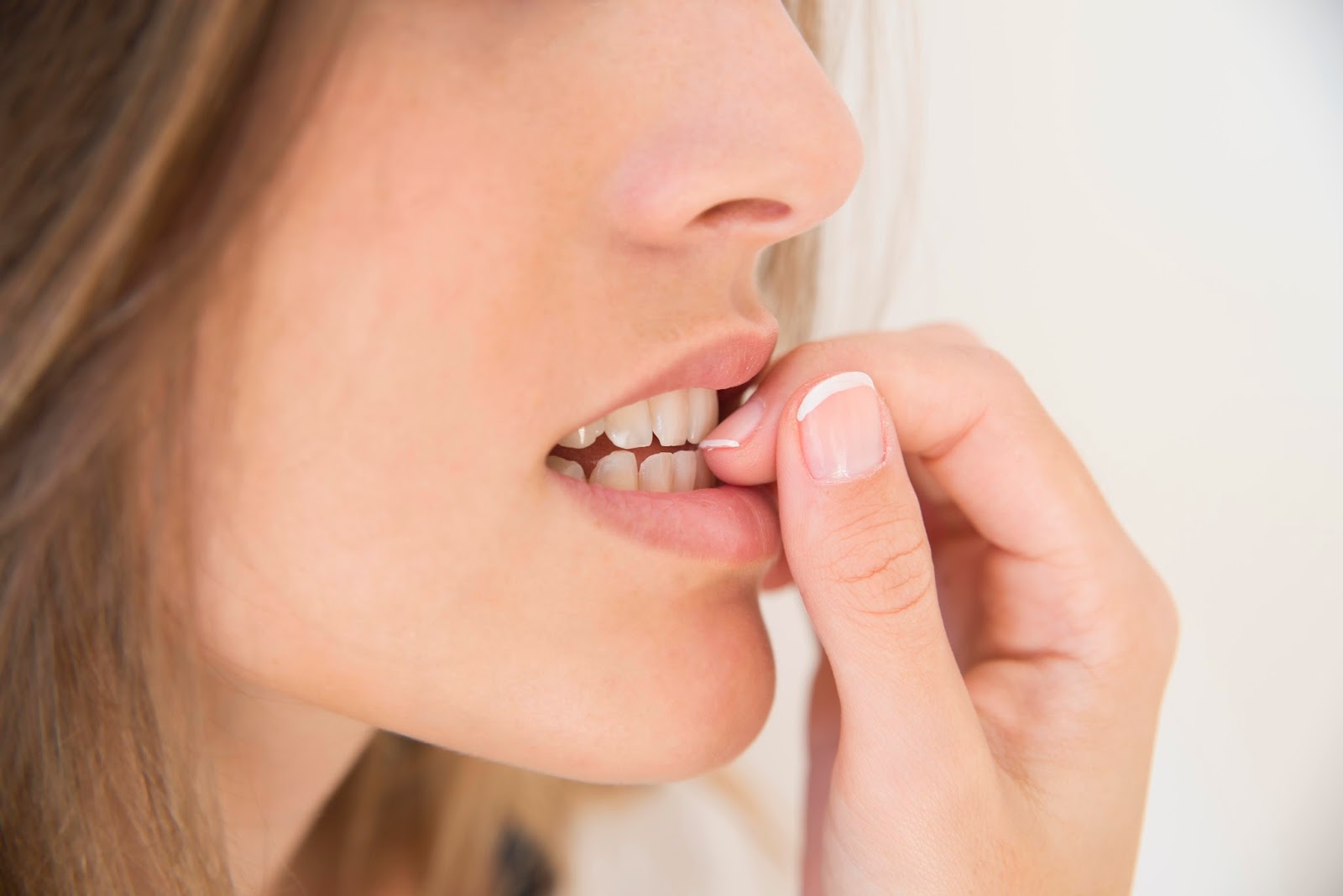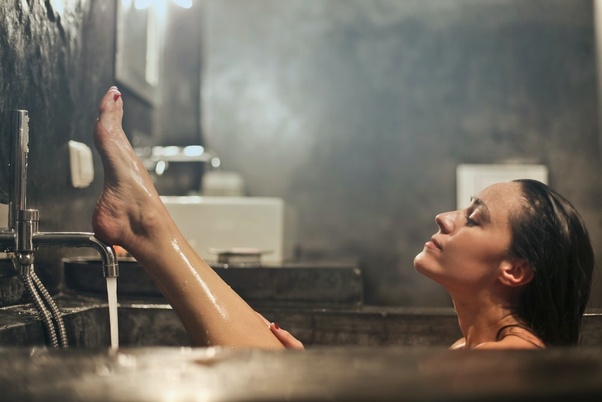Hot and cold showers are two different types of shower experiences that have different effects on the body. Hot showers are typically taken at a higher temperature, and can be beneficial for relaxation, muscle tension relief, and promoting blood flow. Cold showers, on the other hand, are taken at a lower temperature and can be invigorating, stimulating, and beneficial for the immune system and reducing inflammation.
Both types of showers have their own unique benefits and side effects. The decision to take a hot or cold shower may depend on individual health needs, preferences, and circumstances. In this article, we will explore the benefits and side effects of hot and cold showers in more detail, as well as some frequently asked questions about showering.
Benefits of Cold Showers:

Increased Alertness:
Cold showers can increase alertness and wake you up. This is because the cold water activates your sympathetic nervous system, which increases your heart rate and breathing rate.
Improved Immunity:
Cold showers have been shown to improve immunity. This is because they increase the production of white blood cells, which are responsible for fighting infections.
Reduced Muscle Soreness:
Cold showers can help reduce muscle soreness after a workout. This is because the cold water helps to reduce inflammation in the muscles.
Side Effects of Cold Showers:
While cold showers have numerous benefits, they may not be suitable for everyone, and there are some potential side effects to consider:
Discomfort:
Cold showers can be uncomfortable, especially if you are not used to the cold water. Some people may find it difficult to adjust to the sensation of cold water on their skin.
Health Conditions:
Cold showers may not be suitable for people with certain health conditions, such as Raynaud's disease, which causes blood vessels to narrow in response to cold temperatures, or cardiovascular disease, which may be exacerbated by the stress of cold water on the body.
Reduced Relaxation:
While cold showers can increase alertness, they may not be as effective as hot showers in promoting relaxation and reducing stress. This is because the cold water can increase tension in the body.
Limited Effectiveness:
While cold showers can help reduce muscle soreness and inflammation, they may not be as effective as other treatments, such as stretching, massage, or pain medication.
Hypothermia:
Exposure to cold water for extended periods of time can lead to hypothermia. This is a dangerous condition in which the body loses heat faster than it can produce it. It is important to limit the duration of cold showers and to dress warmly after getting out of the shower to prevent hypothermia.
Benefits of Hot Showers:
Relaxation:
Hot showers can help you relax and reduce stress. The warmth of the water can soothe your muscles and help you unwind.
Improved Circulation:
Hot showers can improve circulation. This is because the heat causes the blood vessels to dilate, which increases blood flow to the skin and muscles.
Relieves Stiffness:
Hot showers can help relieve stiffness and pain in the joints. The heat can help to relax the muscles and reduce inflammation.
Post-Workout Showers:
After a workout, it's a good idea to take a shower to clean off sweat and bacteria. Whether to take a hot or cold shower depends on your personal preference and the type of workout you did.
Side Effects of Hot Showers:
While hot showers have numerous benefits, there are also some potential side effects to consider:
Skin Irritation:
Hot water can strip the skin of its natural oils, leading to dryness and irritation. Prolonged exposure to hot water can also exacerbate skin conditions such as eczema.
Increased Blood Pressure:
Hot showers can cause the blood vessels to dilate, which can increase blood flow and raise blood pressure. This may not be a concern for most people, but those with hypertension or other cardiovascular issues should be cautious.
Overheating:
Exposure to hot water for extended periods of time can cause the body to overheat, leading to symptoms such as dizziness and nausea. This is particularly true for elderly individuals or those with pre-existing medical conditions.
Energy Consumption:
Hot showers require more energy to heat the water, which can increase your energy bill and carbon footprint.
Sleep Disruption:
Taking a hot shower before bed can disrupt your sleep as it can cause your body temperature to rise, making it more difficult to fall asleep and stay asleep.
If you did a high-intensity workout or a workout that caused a lot of muscle soreness, a cold shower may be beneficial to reduce inflammation and promote recovery. On the other hand, if you did a low-intensity workout or yoga, a hot shower may be more relaxing and help soothe your muscles.
Here are some frequently asked questions (FAQs) about showers:
How often should I shower?
The frequency of showering varies depending on personal preference, lifestyle, and skin type. However, it is generally recommended to shower at least once or twice a week. Daily showers may be necessary for individuals who sweat a lot or engage in activities that make them dirty or smelly.
Should I use hot or cold water for my shower?
Whether to use hot or cold water for your shower depends on your personal preference and the situation. Hot water is more relaxing and can help soothe sore muscles, while cold water is invigorating and can help wake you up in the morning. After exercising, a cold shower may be more beneficial for reducing inflammation and promoting recovery.
What is the best time of day to shower?
There is no definitive answer to this question, as the best time to shower depends on personal preference and lifestyle. Some people prefer to shower in the morning to help them wake up and feel refreshed, while others prefer to shower at night to help them relax and unwind before bed.
How long should I shower?
The duration of your shower should be based on personal preference and the situation. Generally, showers should be no longer than 10 to 15 minutes to avoid drying out the skin and wasting water.
Can showering too much be harmful?
Showering too much can strip the skin of its natural oils and lead to dryness and irritation. In addition, excessive showering can waste water and increase your energy bill. It is generally recommended to limit showering to once or twice a week for individuals with dry or sensitive skin.
Should I use soap and shampoo every time I shower?
Whether to use soap and shampoo every time you shower depends on personal preference and skin type. Some people may need to use soap and shampoo every day to maintain good hygiene and prevent body odor, while others may be able to go longer between washes.
Which helps to reduce acne, hot water or cold water?
Cold water is generally considered better for reducing acne than hot water. Hot water can strip the skin of its natural oils, leading to dryness and irritation, and can also exacerbate inflammation in acne-prone skin. Cold water, on the other hand, can help to reduce inflammation and redness associated with acne, as well as soothe and tighten the skin.In addition to using cold water, it's important to use gentle, non-comedogenic skincare products that won't clog pores and to avoid touching your face with your hands to prevent the spread of bacteria that can cause acne. It's also a good idea to see a dermatologist if you are struggling with acne to develop a personalized treatment plan.
Are hot baths bad for men’s testosterone levels?
There is some evidence to suggest that taking hot baths regularly may temporarily reduce men's testosterone levels. Testosterone is a hormone that is important for the development of male reproductive organs, secondary sexual characteristics, and sex drive.One study published in the Journal of Clinical Endocrinology and Metabolism found that sitting in a hot tub for 30 minutes can temporarily reduce testosterone levels in men by up to 10 percent. However, the study also found that testosterone levels return to normal within an hour after leaving the hot tub.
Another study published in the International Journal of Sports Medicine found that men who took hot baths for 45 minutes per day for three weeks had a small decrease in testosterone levels compared to men who did not take hot baths.
While these studies suggest that taking hot baths may have a temporary effect on testosterone levels, the long-term effects are not well understood. More research is needed to fully understand the relationship between hot baths and testosterone levels in men.
Taking hot baths may temporarily reduce testosterone levels in men, but more research is needed to understand the long-term effects. If you have concerns about your testosterone levels or overall reproductive health, it's best to consult with a healthcare provider.
Is it bad for your muscles if you bathe right after your workout?
No, it is not bad for your muscles to bathe right after your workout. In fact, taking a shower or bath after a workout can be beneficial for muscle recovery and preventing muscle soreness.During exercise, muscles generate heat and produce sweat, which can lead to a buildup of lactic acid and other waste products in the muscles. Taking a shower or bath can help to wash away these waste products and reduce inflammation. This can promote muscle recovery and reduce muscle soreness.
However, it is important to avoid taking a very hot shower or bath immediately after a workout, as this can exacerbate inflammation and potentially cause muscle damage. Instead, it's best to take a lukewarm shower or bath and gradually increase the temperature as your body adjusts.
In addition to taking a shower or bath after a workout, it's also important to properly stretch and cool down to help prevent muscle soreness and injury.
Why do I sweat more after I take bath?
It is normal to sweat more after taking a bath, particularly if the water was warm or hot. This is because taking a bath raises your core body temperature, which causes your sweat glands to become more active in an effort to cool your body down.When your body temperature rises, your hypothalamus signals your sweat glands to produce sweat, which then evaporates on your skin and helps to cool your body down. This natural cooling process can continue for several minutes after you get out of the bath, leading to continued sweating.
Additionally, taking a bath can also stimulate blood flow and increase circulation, which can also contribute to sweating.
While sweating after a bath is normal, excessive sweating or sweating that is accompanied by other symptoms like dizziness or nausea may be a sign of a medical condition and should be evaluated by a healthcare provider.
Is hot water faster to freeze than cold water?
It may seem counterintuitive, but in certain circumstances, hot water can actually freeze faster than cold water. This phenomenon is known as the Mpemba effect, named after Tanzanian student Erasto Mpemba who observed that hot ice cream mix freezes faster than cold ice cream mix.The Mpemba effect is not well understood and is still a topic of scientific debate. However, some possible explanations include:
- Evaporation: When hot water is exposed to air, it can quickly evaporate. This can lower the volume of water and reduce the time it takes to freeze.
- Convection: Hot water can experience faster convection currents than cold water, which can cause it to freeze faster.
- Supercooling: Hot water can sometimes become supercooled, which means it remains in a liquid state below its freezing point. When the water is disturbed or exposed to a seed crystal, it can rapidly freeze.
It's important to note that the Mpemba effect is not always observed. It may depend on several factors, including the container used, the temperature of the surrounding environment, and the specific properties of the water being used. Overall, while hot water can sometimes freeze faster than cold water, it is not a reliable or predictable phenomenon.
In summary, both cold and hot showers have their benefits and which one to choose depends on your personal preference and the situation. If you're looking to wake up and boost your immune system, a cold shower may be the way to go. If you want to relax and unwind, a hot shower may be more beneficial. After a workout, it's a good idea to take a shower to clean off sweat and bacteria, and whether to take a hot or cold shower depends on your personal preference and the type of workout you did.
Luke is passionate about fostering student involvement and connection. He studied psychology for his major and likes learning about the past. Luke aims to specialize in artificial intelligence and cybersecurity. .
Leave a reply
Your email address will not be published. Required fields are marked *Recent post

Frontier X User Opinions and Reviews

How To Stop Biting Your Nails In 5 Minutes?

